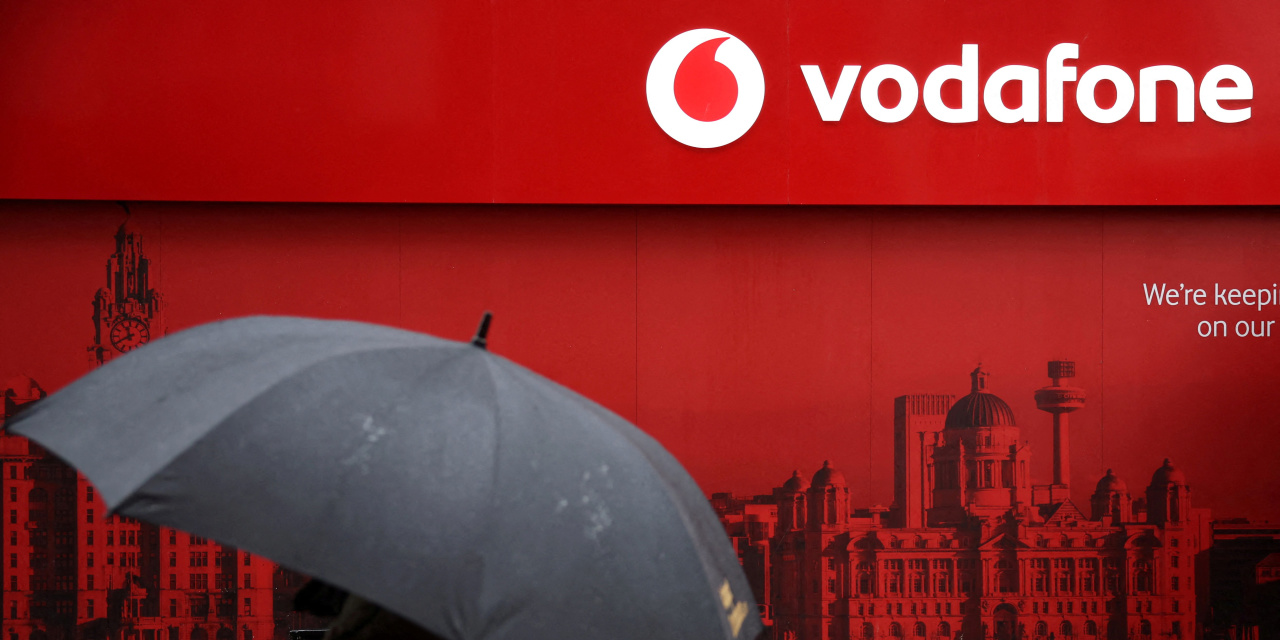How does your ZIP code affect your car insurance?
Your ZIP code is among a host of factors that impact how much you pay for car insurance.
Auto insurance companies use ZIP codes to help price policies because the risks of car accidents, theft, vandalism, storm damage, and other problems vary by location. In analyzing claims data, insurance companies pay special attention to how different areas compare in claims costs, and use this in their calculations of rates.
Insurers want to make sure they collect more money in premiums than they pay out in claims, so in most states they’ll charge more in higher-risk ZIP codes. The exceptions are California and Michigan, which prohibit auto insurers from using ZIP codes as a rating factor.
Learn more: How does car insurance work? The basics explained.
Specifically, insurers use the ZIP code of your vehicle’s “garaging address.” That’s simply the primary place where you keep your car parked most of the time — typically where it’s parked overnight — even if it’s not technically a garage. When you buy a new policy, an insurer might require some proof of the garaging address, such as a utility bill or recent pay stub with the address on it.
Auto insurance underwriters use claims data associated with your ZIP code to help determine the risk of insuring your vehicle.
Some of the factors that can affect risk by location include:
-
Population density
-
Traffic patterns
-
Road conditions
-
Natural disasters
-
Crime rates and vandalism
-
The portion of drivers who are uninsured
-
Cost of living
Learn more: How your vehicle’s make and model affect car insurance costs
Here’s a deeper dive into some of the factors that typically affect the cost of car insurance within a ZIP code.
More people living in an area generally leads to more cars on the road, more traffic congestion, and higher accident rates. Auto insurance policies tend to be more expensive in high-density areas as a result.
Roads favored by speeders, roads with visibility issues, complicated intersections, and unclear signage can all lead to higher numbers of traffic accidents and claims.
Road conditions can also affect auto insurance claims. Roads with potholes, rough surfaces, and debris can end up damaging vehicles and causing car accidents.
Streets that flood easily during rain and roads that quickly turn icy in frigid temperatures are also hazardous and may lead to more accidents and vehicle damage.
Living in regions prone to natural disasters can increase insurance costs because insurance companies typically have to pay out more money in claims following these events. Due to past claims, drivers in these areas typically have to pay more for auto insurance.
5. Crime rates and vandalism
Car insurance rates are generally higher in ZIP codes with high crime rates because of the higher auto theft and vandalism claims.
If your ZIP code tends to have more uninsured motorists on the roads, you can probably expect to pay more for an auto policy. A higher number of uninsured drivers increases the likelihood of claims under collision insurance covergage and uninsured motorist insurance.
Cost of living can have an impact on your auto insurance premiums. Expensive ZIP codes can have higher costs for local vehicle repair. The cost of medical care might also be higher than average.
Insurance companies footing your repair bills and doctors’ bills can expect to pay more when claims are filed from customers in high-cost-of-living areas.
Your auto insurance premiums are also affected by state laws that set minimum coverage requirements and mandate additional coverage beyond liability insurance.
For example, drivers in Texas are required to have liability insurance that covers $30,000 per person for injuries, $60,000 total for all injuries, and $25,000 for property damage per accident.
More coverage typically means higher car insurance costs for the driver.
Additionally, some states — including Florida, Massachusetts, Michigan, New Jersey, and New York — require a minimum amount of personal injury protection insurance, which pays your medical bills regardless of who was at fault for the accident. Rates tend to be higher in no-fault car insurance states than in other states.
Where you live is not the only factor that car insurance companies evaluate when setting insurance rates. Your vehicle type, driving history, age, and even your credit may be used.
Driving record and accident history
Car insurers view drivers who have no car accidents, DUIs, speeding tickets, or other infractions on their records as less risky to insure.
Learn more: Here’s how a DUI impacts your car insurance
Studies have shown a correlation between credit and the probability of filing car insurance claims. Drivers with excellent credit — known as credit-based insurance scores — tend to file fewer car insurance claims. Only California, Hawaii, Massachusetts, and Michigan ban the use of credit in auto insurance rates.
Learn more: How credit history impacts car insurance rates: A comprehensive guide
The costlier your car is to repair or replace, the harder it will be to find cheap car insurance if you’re buying comprehensive and collision insurance.
You’ll typically pay less if you don’t drive your car much compared to others who have long commutes. That’s why insurers ask about annual mileage when you buy a policy.
Learn more: How does pay-per-mile car insurance work?
While you can’t control traffic, crime, and other things that drive up rates in your ZIP code, you can take steps to get the best deal possible where you live.
1. Maintain stellar driving habits
Practice safe driving as much as possible to avoid car accidents, so you can build up a history of no insurance claims. In many states, if you’re age 55 or older, taking a defensive driving course can get you a car insurance discount.
Learn more: How to earn a defensive driving discount
Insurance companies correlate good credit with the likelihoodthat you’ll file fewer auto insurance claims. Build a good credit history by paying bills on time and paying down debt.
Learn more: 10 tips to improve your credit score in 2025
Always get quotes from multiple car insurance companies, so you can consider your options and nail down the best deal. Because insurers have their own formulas for calculating rates, comparing quotes is the best method for finding the cheapest rates in your ZIP code.
Many car insurance discounts are applied automatically, like bundling your auto and homeowners insurance and being a good driver without claims. Ask about other discounts you might be able to get, like enrolling in paperless billing or auto-pay.
If you have an older, paid-off vehicle and enough savings to cover repairs or the cost of buying another car if yours is totaled, you might not need full coverage car insurance. Assess your situation to determine the coverage types you currently need.
Your car insurance deductible — the amount of money deducted from a claims check if you make a collision or comprehensive insurance claim — affects the cost of your insurance premiums. Generally, if you opt for a higher deductible, you’ll pay a lower premium. However, you need to be prepared to cough up this amount if your vehicle is stolen or damaged.
Learn more: What is a car insurance premium, and how is it calculated?
Yes, in most states insurance companies use your ZIP code along with other factors to help set car insurance rates. You could pay a higher or lower price just by moving to a different ZIP code nearby
Insurance companies care about ZIP codes because they track claims by location, including accident rates, weather-related claims, and vehicle theft claims. They set different rates by ZIP code to account for these risks and ensure they are pricing policies correctly.
Generally, your driving record, age, location, and vehicle can have the most impact on how much you pay for coverage. Credit can also be a large factor, depending on the insurer, where it’s allowed.
Amy Danise edited this article.
Latest News
- Amer Sports Raises 2025 Guidance, Tariffs Not Major Concern
- What Makes Novo Nordisk (NVO) a Lucrative Investment?
- Vodafone Launches Buyback With Return to Growth in Germany in Sight
- Levi Strauss to sell Dockers to Authentic Brands for $311 million to focus on core labels
- Musk: I’ll still be Tesla chief in five years – unless I die
- Levi Strauss to Sell Dockers Brand for Up to $391 Million













